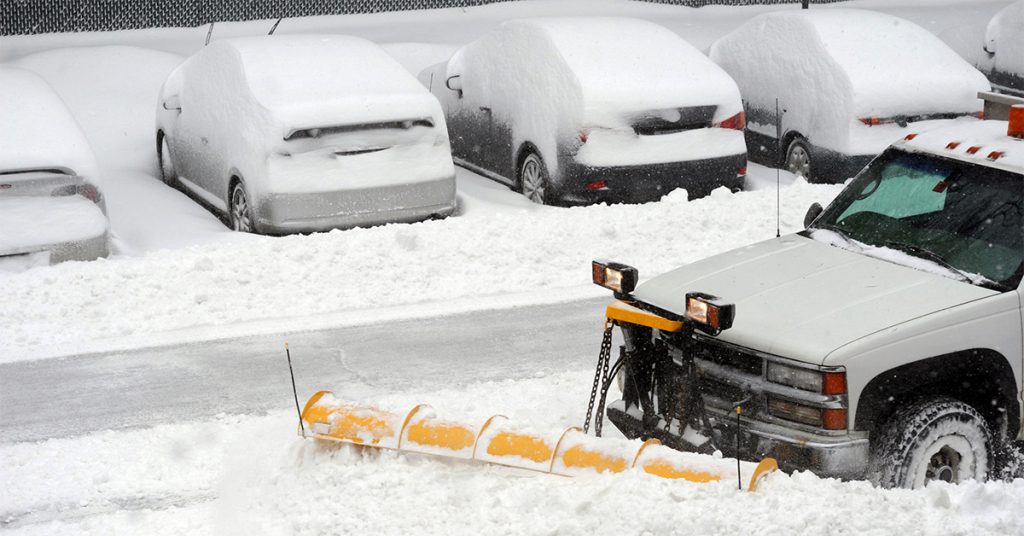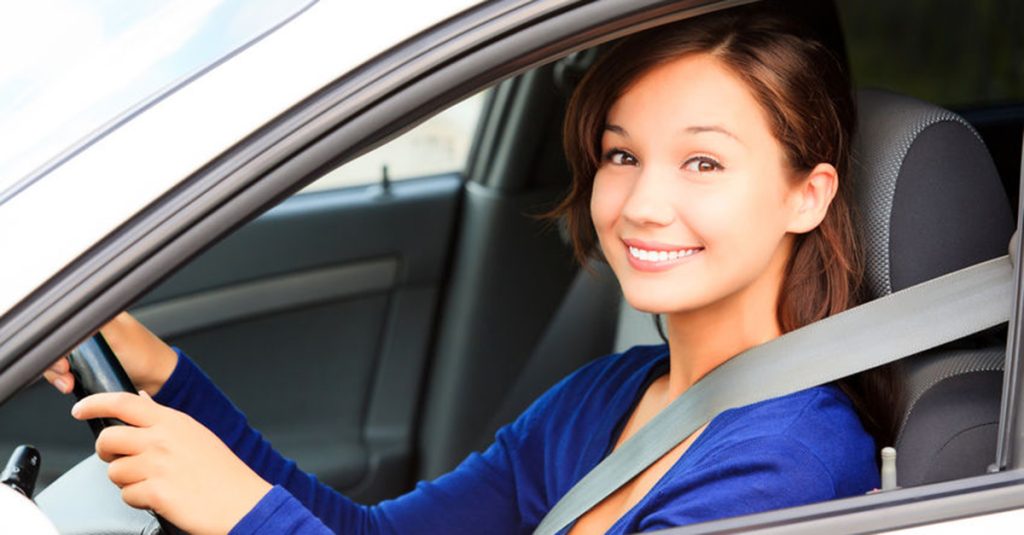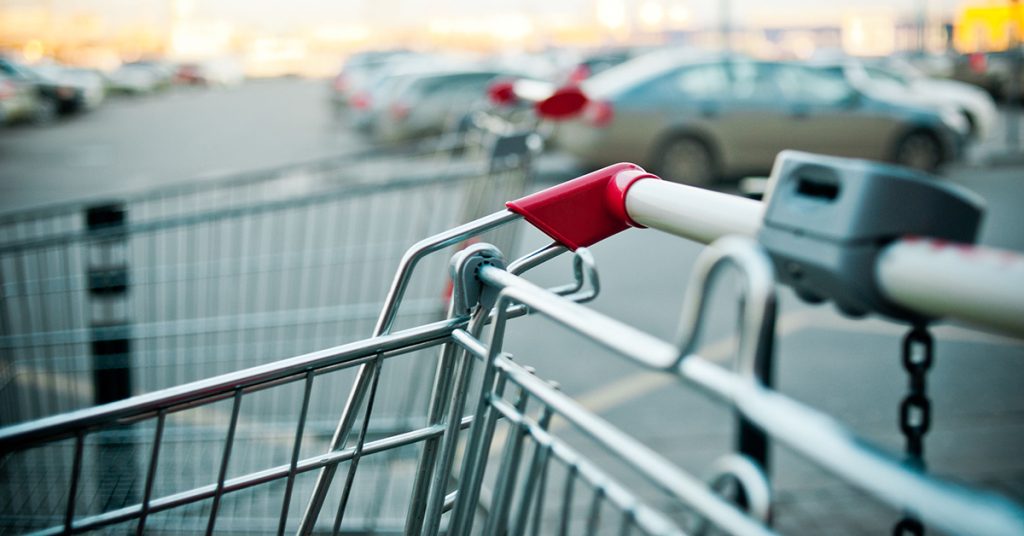Posts Tagged ‘Massachusetts car accidents’
Driving Safely in Massachusetts Snow Conditions
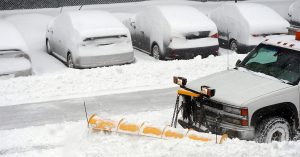
Drivers have a responsibility to use reasonable care and caution during snow conditions. In Massachusetts, numerous car accidents were reported across the state during last weekend’s Nor’easter. In Lowell, a woman in a wheelchair was killed by a snowplow crash.
When the snow starts to fall, get ready for winter travel conditions. While many Massachusetts residents are working remotely, most of us are still driving in some capacity and it is critical to prepare. You want to travel safely, slowly and defensively so no one is injured.
If you fail to exercise reasonable care during snow and ice conditions, you are more likely to slip, slide or crash on the road. You could cause yourself injury and need a new vehicle. But even more critical, you could cause someone else serious injury in a car accident. You could be held financially liable and have to pay a claim through your Massachusetts automobile insurance policy.
Stock your car up with emergency supplies. Include jumper cables, a snow shovel and scraper, a flashlight, extra windshield wiper fluid, antifreeze and a basic tool kit, with a screwdriver and other essentials. Also pack a warm blanket, bottled water and a snack, as well as a bright colored flag to wave should you need help. Another tip from the state of Massachusetts: have sand, road salt, a strip of carpet or kitty litter for traction should you need it.
Check your vehicle’s systems. Keep up with routine maintenance during the pandemic, even if you are not driving as often. On your own, you can inspect your tires, headlights and taillights to make sure they are working. You can also check your wiper blades and windshield washer fluid, heat and defrost.
Check weather alerts and traffic updates. Check both weather and traffic conditions before leaving home. Check weather conditions hour-by-hour so you are prepared.
Stay home. Avoid traveling during heavy snow conditions. If you must travel, use public transportation or delay your commute if possible.
Most New England residents do not re-arrange their travel plans for rain. Schools have “snow days” but not “rain days.” But be aware that any type of precipitation impacts visibility and safety on the road. One recent study looked at more than 125,000 fatal motor vehicle crashes between 2006 and 2011 and put a number on the risk for car accidents.
According to the study, published by the Bulletin of the American Meteorological Society, the risk rises based on the intensity of the precipitation. Light precipitation may increase the potential hazard by 27 percent. The risk more than doubles during heavier precipitation.
One of the researchers told the Washington Post that many drivers do not appreciate how the risk for crashes increases during even light rain.
Clear snow off your car. Plan an extra few minutes to remove snow from your vehicle’s roof, windshield and windows. You should be able to see in all directions from the driver’s seat.
In Massachusetts, police can cite drivers who neglect to clear snow because this interferes with safe travel. Drivers can receive a civil citation and have to pay a fine. However, the greater risk is that someone could be seriously injured by flyaway snow and ice or that the snow and ice could block someone’s view.
Drivers can prevent these accidents by simply doing a little more work before they drive. As a driver, you should know if you neglect to clear snow and ice and cause someone injury, you could be held financially responsible for the victim’s injuries and other damages. In Massachusetts, you could also be criminally charged with reckless or negligent operation of a motor vehicle. If you have been injured by a driver who neglected to remove snow and ice from their vehicle, you should report this fact to police investigating the car crash. You may also want to consult a Boston personal injury lawyer to learn your legal rights.
Slow down. Travel below the speed limit, even if others are traveling at the normal speed or speeding. Lowering your speed gives you more control over your vehicle. Remember, traffic is less predictable during snow storms and the road ahead may not be fully plowed. With less visibility, you may will need to watch more closely for pedestrians.
Charge cell phones. Keep your phone charged so you can use it during an emergency, but don’t use it. It is best to wait until you get home to talk, even if you are using an in-vehicle system or Bluetooth as allowed under the Massachusetts hands-free law. You can still cause a car accident if you are distracted and using a cell phone, even if you are following the law. You can still be held liable if you cause someone injury because you were not paying attention.
Travel safely near plow trucks. The state of Massachusetts advises drivers to stay at least 200 feet back when approaching a snow plow truck or other snow removal equipment. Do not attempt to pass a snow plow at any time. Drivers should be prepared for snow plows to make sudden stops at any time. Staying back gives you more time to slow down or stop, reducing the chance of a snow plow crash.
Snow plow drivers are likely to have poor visibility and you do not know how long they have been working without a break. What you can do is turn your vehicle lights on and wipe these clean from snow regularly. By taking these steps and giving snow plow drivers space, you are less likely to be involved in a collision with a snow plow or other vehicles also trying to dodge the snow plow.
Snow plows need as much room as possible in part because they must also watch for pedestrians.
Less than a week ago, there was a tragic accident in Lowell. The two pedestrians, one of whom was in a wheelchair, were struck at the corner of School and Cross streets. The 27-year-old woman in the wheelchair later died, according to NBC Boston. She was with a 39-year-old man and both were wearing safety jackets with reflectors, one witness at the scene told the news station. The accident was under investigation by the Middlesex District Attorney’s Office.
Because of the risk for plow truck accidents, we also caution drivers to avoid these vehicles in parking lots. Pedestrians have been hit, injured and killed by plow drivers in Massachusetts parking lots.
Free Legal Consultation – Boston Car Accident Attorneys
Breakstone, White & Gluck has a track record of successfully representing those injured by negligent drivers in car accidents, SUV crashes and truck collisions. We are experienced in investigating snow plow accidents which have injured pedestrians and other motorists, as well as other vehicle crashes in snow conditions.
Founded in 1992, Breakstone, White & Gluck represents clients across Massachusetts, including Boston, Cambridge, Somerville, Everett, Quincy, Milton, Lynn and Saugus.
If you have been injured in a car crash, it is in your best interest to learn your legal rights. For a free legal consultation, contact Breakstone, White & Gluck at 800-379-1244 or 617-723-7676 or use our contact form.
For Teens, Driving Safely Starts With Seat Belts
Teen Driver Safety Week is Oct. 18-24, 2020. Breakstone, White & Gluck is sharing articles to encourage parents and teens to discuss safe driving decisions.
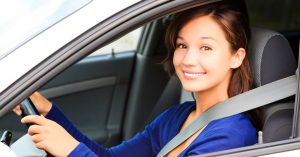 Seat belts are a simple step for safety. As a parent, you probably remind your child to buckle their seat belt before each ride. But when your teen becomes a licensed driver, you won’t always be there. Still, what you say matters. Teens are twice as likely to wear a seat belt as a driver or passenger when parents set rules and monitor their driving behavior, according to the Teen Driver Source website, which is operated by the Children’s Hospital of Philadelphia.
Seat belts are a simple step for safety. As a parent, you probably remind your child to buckle their seat belt before each ride. But when your teen becomes a licensed driver, you won’t always be there. Still, what you say matters. Teens are twice as likely to wear a seat belt as a driver or passenger when parents set rules and monitor their driving behavior, according to the Teen Driver Source website, which is operated by the Children’s Hospital of Philadelphia.
Tell your teen you expect them to wear a seat belt whenever they travel in a motor vehicle. This includes when they drive and when they are traveling as a passenger. As a second step, put this in writing. Find a teen driving safety agreement with your teen and state this is one of your expectations. If you catch your teen driving without their seat belt, you can step back their access to the keys until you have a discussion.
Seat belts are required by law. Wearing a seat belt is required by law in Massachusetts. Drivers and their passengers must both wear seat belts.
Seat belts protect against deadly force. The goal isn’t to scare your teen. But the reality is cars, trucks and other vehicles are heavy and powerful machinery. We all need to wear seat belts to protect against the potential force of a car crash.
Seat belts reduce the risk of fatal injury to front seat passengers by 45 percent, according to Teen Driver Source. They also reduce the risk of moderate to critical injury by 50 percent.
Seat belts also reduce the risk of ejection from the vehicle. Those who do not wear seat belts are 30 times more likely to be ejected from a vehicle during a traffic crash, according to Teen Driver Source. When a person is ejected from their vehicle, they are more likely to die in a crash. This was the case for 3 out of 4 people.
How seat belts prevent injuries. Seat belts are designed to spread crash forces across the stronger bony parts of the body, including the shoulders, rib cage and pelvis, according to the Institute for Highway Safety (IIHS). They are also designed to prevent occupants from being ejected from a vehicle.
Drivers and passengers should all wear seat belts – to protect themselves and each other. If there is an accident and one of the vehicle’s occupants is not wearing one, they could be ejected and increase the risk of injury to others in the vehicle.
In a frontal crash, drivers and front passengers are left at an increased risk for injury if the back-seat passengers are not wearing seat belts. Exposure to unbelted occupants increases the risk of injury or death to other vehicles by 40 percent, according to the IIHS.
More People Are Wearing Seat Belts in Massachusetts
The good news is more people appear to be wearing seat belts in Massachusetts. In 2018, the state conducted a seat belt usage observation study, reporting 81.58 percent of drivers and front outboard passengers were observed to be wearing seat belts. This was 7.9 percentage points over the year before and the highest ever observed rate in Massachusetts.
To reach this number, the state observed 28,265 drivers and front outboard passengers in 24,2145 vehicles at 147 observation locations. You can learn more by reading the study.
According to the IIHS and other organizations, states with primary enforcement seat belt laws have higher seat belt use rates. In 2019, the IIHS reported states with primary enforcement laws saw 91 percent seat belt use compared to 86 percent. Massachusetts has a secondary enforcement seat belt law, meaning police can stop drivers for traffic violations, then issue citations for failure to wear seat belts. But police cannot stop drivers just because they are not wearing seat belts.
If you are parent or teen, we hope this is good background information. The point is you should wear your seat belt every time you ride – and encourage others to do the same.
Free Legal Consultation – Boston Personal Injury Lawyers
With more than 100 years combined experience, Breakstone, White & Gluck fights for the rights of those injured by the negligence or wrongdoing of others. Our personal injury attorneys specialize in the handling of car accidents, truck accidents and bus collisions in the Boston area. If you have been injured, learn your legal rights. For a free legal consultation, call our attorneys at 800-379-1244 or 617-723-7676. You can also use our contact form.
To learn more about teen driving safety and other topics, please visit our Project KidSafe campaign page.
Holiday Season Brings Rise in Car Crashes, Parking Lot Accidents
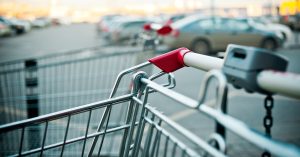
Parking lot crashes are more likely in Boston and Massachusetts this time of year, as holiday shoppers are out. What can you do to prevent accidents? Put down your cell phone, slow down and always watch for pedestrians.
When you finish your holiday shopping, and start to head home, you may be tempted to pick up your cell phone and call someone. But the parking lot is not a safe place and the holidays are not the season.
Unfortunately, car accident claims typically rise during the holidays, as many of us head out shopping or to enjoy holiday lights. According to the National Safety Council (NSC), the increase begins around Thanksgiving and Black Friday. We are now approaching one of the worst stretches, the days just before Christmas.
At Breakstone, White & Gluck, our Boston personal injury lawyers urge you to travel slowly and set aside distractions to prevent parking lot crashes. Too many drivers are engaging in these distractions, according to this recent National Safety Council poll:
- 66 percent of drivers nationwide said they would make phone calls while driving through parking lots.
- Teens were less likely to make phone calls than adults (60 percent).
- Another 63 percent said they would program GPS systems.
- More than half, 56 percent, said they would text and 52 percent said they would use social media.
- Another 50 percent said yes to sending or receiving e-mails, while 49 percent said they would take photos or watch videos.
- More than half of all teens and adults also admitted they would take time for personal grooming (59 percent of teens; 53 percent of adults).
Tips for Preventing Parking Lot Crashes
- Drive slowly. Give yourself plenty of time to react to pedestrians and other vehicles.
- Do not cut through parking lots; follow the traffic lane.
- Avoid distracted driving activities, such as cell phone use, texting, listening to loud music and engaging in intense discussion.
- Choose your place to check electronics, such as before you leave the mall or store.
- Use blinker signals.
- Obey stop signs and other signs. Back out carefully.
- Always watch for pedestrians in the parking lot and at the entrance. Be extremely patient and always wait for them to reach the sidewalk before moving.
- Walk all the way around your vehicle before stepping inside, looking for pedestrians and parents with small children and baby strollers.
- Consider parking away from other cars to avoid shopping mall parking lot crashes.
The Impact: Parking Lot Crashes
The Insurance Institute for Highway Safety reports parking lot crashes account for about 20 percent of all auto claims. The NSC reports on average each year, there are 60,000 injured by parking lot crashes and 500 or more who die. Pedestrian accidents account for many parking lot crashes. Backup accidents are responsible for nearly 10 percent of fatal pedestrian crashes in parking lots.
Over the past few years, a number of pedestrian accidents in Massachusetts parking lots have been fatal. In 2017, a Trader Joe’s employee in Acton was killed. A year earlier, a 52-year-old woman died in Wilmington, outside a Rite-Aid. In 2015, a pedestrian was killed in the parking lot of the Cloverleaf Mall in Natick, just across the street from the Natick Collection (or the old Natick Mall).
Cell Phone Use and Massachusetts Law
Eight years ago, Massachusetts banned texting while driving. If you are texting or writing an e-mail and cause a car crash, you could be cited by police. If you injure another driver, the police citation could be used in a civil lawsuit to prove your negligence and you will have to pay compensation to the victim.
All but three states have texting while driving bans. Hand-held cell phone bans are a different story, with just 16 states approving bans. Hand-held cell phones are still permitted when driving in Massachusetts, but safety advocates urge drivers not to use them, especially in parking lots. In a matter of seconds, a simple act such as trying to look up GPS directions or dialing a friend can lead to a serious and possibly fatal accident.
Free Legal Consultation: 800-379-1244
If you have been injured in a parking lot crash, it is important to learn your legal rights for seeking financial compensation under Massachusetts law. Contacting a Boston car accident lawyer promptly is essential so they can act quickly to protect your rights.
At Breakstone, White & Gluck, our lawyers have over 100 years combined experience representing those injured in auto collisions. For a free legal consultation, contact us at 800-379-1244 or 617-723-7676 or use our contact form.


